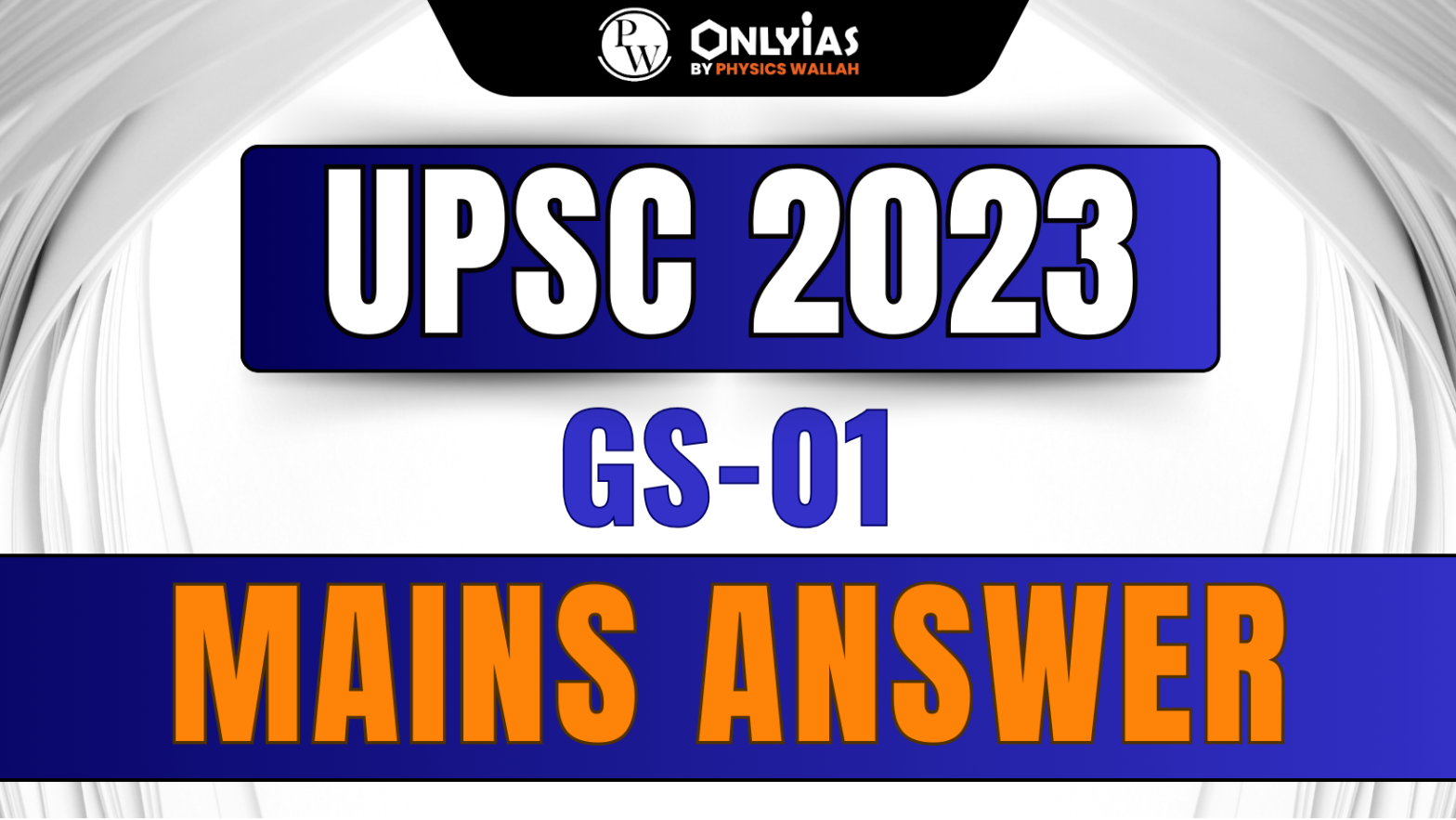Why is the world today confronted with a crisis of availability of and access to freshwater resources?

Q.5 Why is the world today confronted with a crisis of availability of and access to freshwater resources?
| How to approach the question
Introduction:
Body:
Proposed Solutions:
Conclusion:
|
Introduction
Freshwater resources encompass naturally occurring low-salt water sources like rivers, lakes, groundwater, and glaciers, serving vital human needs such as drinking, irrigation, industry, and ecological stability. Yet, in the present world, about 1.1 billion lack consistent access to clean drinking water, and roughly 2.7 billion grapples with recurring water scarcity, vividly highlighting the crisis in freshwater availability and access.
Body
Reasons Behind the Crisis of Availability of Freshwater Resources:
Reasons Behind the Crisis of Access to Freshwater Resources:
Proposed Solutions:
Conclusion
The urgency of addressing the crisis of availability and access to freshwater cannot be overstated, considering the vital role of freshwater in sustaining life, ecosystems, and socio-economic development. By implementing the proposed solutions and fostering collaboration among nations and communities, we can strive for a future where clean and accessible freshwater is available to all, thereby ensuring the well-being and sustainability of our planet.
|
<div class="new-fform">
</div>